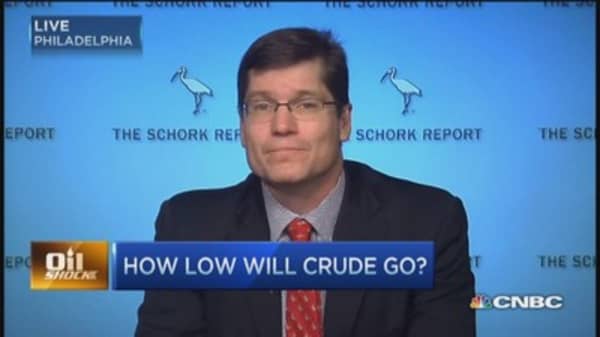The era of super cheap gasoline may be coming to an end.
In most countries, the price of filling up at the pump is falling—thanks to the global crash in crude prices. As cheaper oil works its way through the refining pipeline, drivers are getting a break at the pump.
But in a handful of developing countries that have heavily subsidized fuel prices, including major oil producers, pump prices are on the way up. That's because the crude price crash is prompting some of those governments to take a hard look at the heavy financial burden of depressing the cost of filling up well below the market price.
In Saudi Arabia, for example, drivers enjoy some of the cheapest gasoline in the world—just 57 cents a gallon at the pump, according to the latest data from Global PetrolPrices.com. But the subsidy isn't cheap.
Energy subsidies accounted for nearly a quarter of Saudi government spending in 2011, according to data from the International Monetary Fund—or about 13 percent of gross domestic product.
Thanks to the steep slide in oil prices, the Saudi government is expecting to post a record $38.7 billion budget deficit this year. Though the government has several hundred billion dollars in reserves to draw on, the longer-term outlook for oil prices remains murky.
Read MoreOil prices fall as dollar strengthens and oversupply adds pressure
So, earlier this month, the head of Saudi Arabia's central bank signaled that government energy subsidies may be going away.
"One of the existing challenges is enhancing the efficiency of the local consumption of energy and water, which resulted in distortion and a large waste of those important resources in addition to increasing the financial burdens on the government," Fahad al-Mubarak said in a speech posted on the central bank's website.
"This requires a review of price subsidies, which should be changed in a gradual and elaborated manner."





